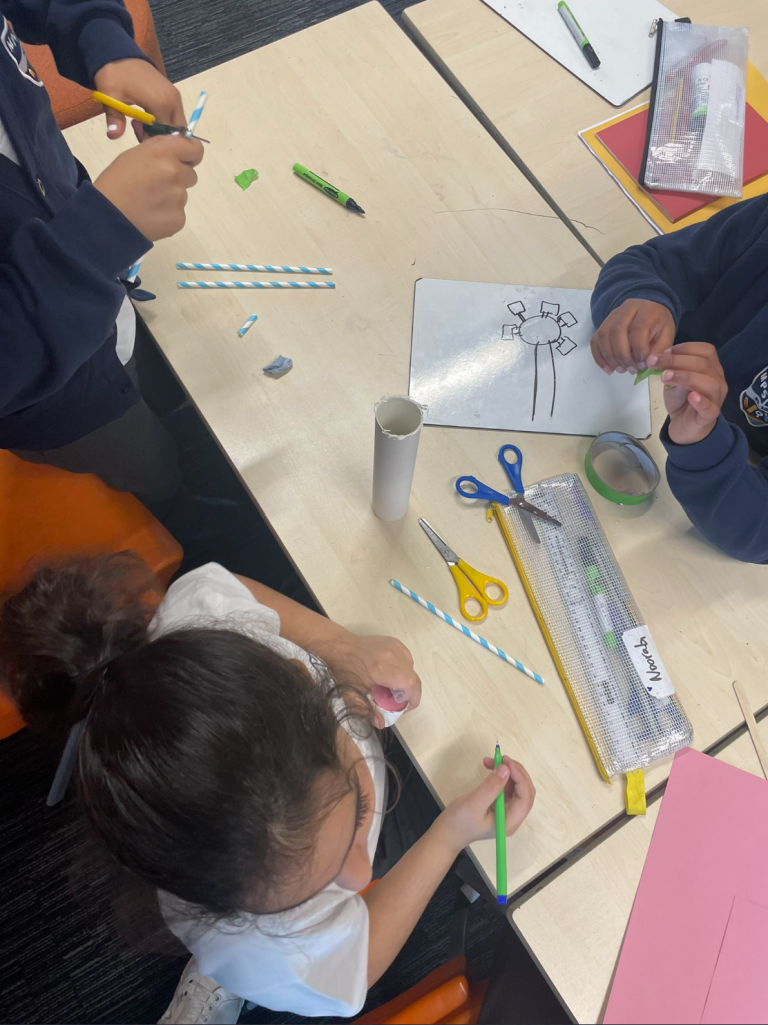UCL funding awarded to seven projects helping to achieve the SDGs
13 December 2022
Funding has been announced to support UCL staff and students in their efforts to address the UN Sustainable Development Goals

Grants of up to £10,000 have been awarded to seven projects across UCL’s staff and student communities that are supporting the UN Sustainable Development Goals (SDGs).
Funded activities range from work to help restore the world’s coral reefs to a program of sustainable engineering workshops for London primary and secondary schools. Other recipients include a research project to generate data on the access to healthcare of marginalised migrants and an initiative to enable villages in rural Ghana to connect mobile devices to the internet.
The 17 SDGs are the core of the UN’s 2030 Agenda for Sustainable Development. Adopted by all Member States in 2015, they provide a framework for the world’s ongoing economic growth, while protecting the environment and addressing social inequalities.
The Goals cover topics ranging from ‘Life on Land’ and ‘Quality Education’ to ‘Inequalities’ and ‘Industry, Innovation & Infrastructure’ – and are broken down into 169 individual Targets for the world to achieve by 2030.
The SDGs: Pathways to Achievement funding call was organised jointly by the UCL SDGs Initiative, UCL Grand Challenges and UCL Global Engagement, all based within UCL Research, Innovation and Global Engagement (RIGE).
Simon Knowles, UCL’s Head of Coordination (SDGs), one of the judging panel, said: We had a record number of applications, all of which were worthy of receiving funding, so I’m delighted that we have been able to fund seven exciting and diverse projects. That they represent different spheres of activity at UCL, demonstrates how our staff and students are addressing the Sustainable Development Goals across their research, teaching and extracurricular activities.”
The SDGs: Pathways to achievement is one of several funding schemes for the UCL community offered by UCL RIGE.
Dr James Paskins, Deputy Director, UCL Grand Challenges, another of the judging panel added: "We wanted to encourage the widest possible partnerships to address the UN SDGs, so we challenged UCL's community to not only cross disciplines within UCL, but also to cross boundaries and work with partners outside UCL. I am proud to say that the UCL community met that challenge. We recieved a large number of excellent proposals for work with a diverse range of partners. I only wish we could have funded even more of them."
Ciaran Moynihan, Director of Global Engagement, said: “As SDG17: Partnership for the Goals itself suggests, the goals can only be realised by working together with our partners to develop fair solutions to the world’s most pressing challenges. I am delighted to see such exciting proposals put forward as part of this RIGE seed funding scheme, with a truly wide range of global partners and look forward to seeing how successful applicants help to make progress in achieving the SDGs in future.”
The full list of recipients of the awards is:
Managing What you Measure: Addressing SDG data gaps and weaknesses in the UK – Dr Kate Roll (UCL Institute for Innovation & Public Purpose) with Dr Graham Long (Newcastle University
‘Rebuilding Reefs’: Measuring habitat complexity to improve methods for coral reef restoration –Professor Kate Jones (UCL Genetics, Evolution and Environment) and Mr Jason Lynch (UCL Geography)
Developing Education Technology (Ed-Tech) in Rural Ghana – Dr Michael Woodrow (UCL Civil, Environmental & Geomatic Engineering) with Dr Josephine Marie Godwyll (Young At Heart, Ghana)
UCL Sustainable Development Goal Consultancy Challenge – Mr Oliver Peachey (Students’ Union UCL, SU) and Dr Jana Dankovicova (UCL Careers)
Linking text to SDGs with Artificial Intelligence: Building a multi-use recommender system – Dr Maria Perez-Ortiz (UCL Computer Science) with Davor Orlic (Knowledge 4 All Foundation and International Research Centre on Artificial Intelligence under the auspices of UNESCO)
Engineers Without Borders Outreach – Rachel Wan (UCL Medical Physics & Biomedical Engineering) and Anjumon Ali (SU)
No One Left Behind: Monitoring Migrant-Inclusive Universal Health Coverage – Ms Rachel Burns (Institute of Health Informatics) with Anna Miller (Doctors of the World/Médecins du Monde)
 Close
Close

